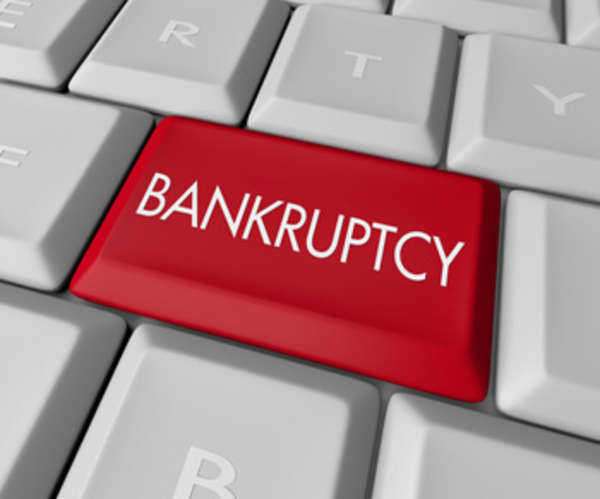Virginia Bankruptcy
Virginia Bankruptcy Law

Virginia bankruptcy follows laws that closely reflect federal laws and compare slightly to other state’s that mandate stricter procedures. Although the state offers some unique exemptions, Virginia has made it harder and harder for people to file Chapter 7 in the last years. Yet, no matter how strict the Virginia bankruptcy laws become and no matter how much someone’s credit suffers in the short term, the laws are there to help a person through a tough economic period and save their credit.
Virginia Bankruptcy : Personal and Corporate
Individuals, families, and corporations can all file for Virginia bankruptcy and under federal law. If families or individual people file for Virginia bankruptcy, they are usually forced to file for Chapter 13, although some people may still qualify for Chapter 7. Corporations will generally file under Chapter 11.
VA Bankruptcy : Chapter 7
Chapter 7 bankruptcy works the best for families or individuals with are very large amount of unsecured debt and low means to income. Because the state of Virginia has one of the lowest unemployment rates in the country—around 6.9%—a majority of individuals are forced to file under Chapter 13 in order to pay back some debt. However, if a person’s income falls below the state household average of $60,665 and a judge determines the person has failed a means test, the individual or family may still apply for Chapter 7 bankruptcy. The individual or family may be entitled to the following exemptions under Chapter 7:
• $5,000 homestead
• 75% of wages
• $6,000 for vehicle unless needed for work or education
• Wedding and engagements rings
• Some clothing and $5,000 worth of household furniture
• Other miscellaneous personal property
• Two horses, one wagon, one tractor, two plows, and others items for farmers
• One firearm
VA Bankruptcy : Chapter 11
If a corporation is facing economic instability, the owner of the company may decide to file for Chapter 11 bankruptcy. The procedure allows the owner of the company to oversee the gathering of finances and changes within the company that could increase profit and reduce debt. The owner of the company is usually left in charge and required to report back to a judge and creditor.
VA Bankruptcy : Chapter 13
A family or individual may choose or be required to file for Chapter 13 bankruptcy. This measure usually allows a person to keep their home and assets while making monthly payments to reduce their debt over the next three to five years. A family or individual may be required to pay up to 25% of their overall debt over the next three to five years.
Taxes
If a person files under Chapter 7, their federal and state tax returns may be collected by a creditor. The tax returns classify as assets, but the tax returns are usually protected under Chapter 13.
Filing for Virginia Bankruptcy
Like in most other states, a citizen of Virginia must complete a credit counseling course six months before filing for VA bankruptcy, and they must also show evidence of taking a debtor education before reaching a settlement.
It’s also a good idea to hire a lawyer when filing for Virginia bankruptcy. They can help you submit the correct documents and fees at the right time, and they can also help you reach the best possible settlement with your creditors. You may be required to submit the following documents:
• Petition
• Attorney certificate
• Proof of income
• Proof of net monthly income
• Anticipated changes in income
• Educational individual retirement account
• Tax returns from most recent to as far back as four years